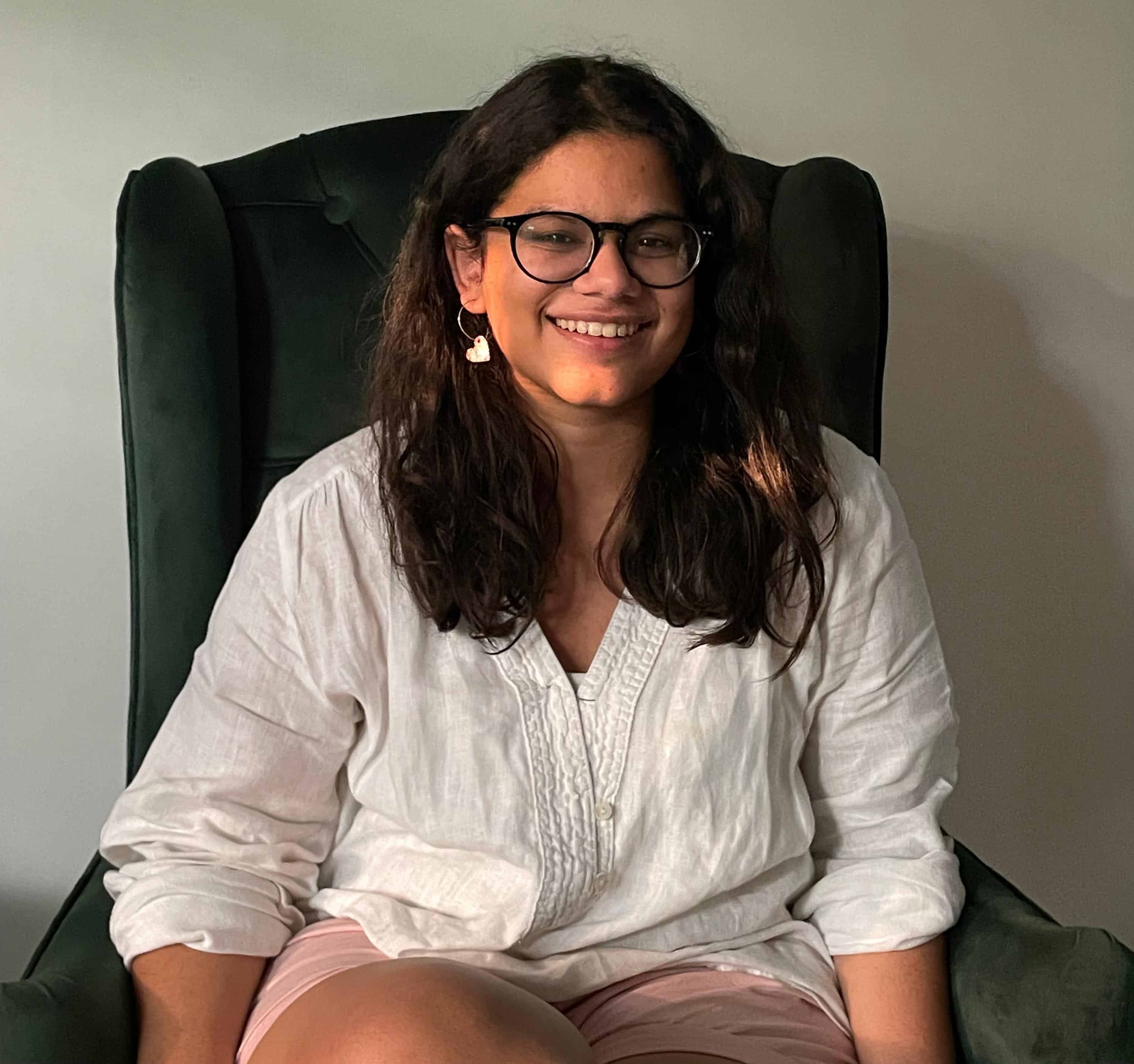ResourcesTherapist
Saumya Datta (she/her)
 Accepting Clients
Accepting ClientsThe Coping Central
You may be allotted a different therapist from The Coping Central based on availability at the time of booking. Please prioritise your comfort and preferences.
- Sex positive Yes
- Queer affirmative Yes
- Practiced trauma therapy Yes
- Worked with student survivor-victims Yes
- Worked with male survivor-victims Yes
Phone
9354021452
Types of Therapy
Feminist Therapy, Humanistic Therapy, Narrative Therapy, Psychodynamic Psychotherapy, Social Injustice Lens
Cost
₹ 1000 – 1500 (Sliding Scale)
Location
Jaipur (online / offline)
Languages
English, Hindi
Qualifications
BA (Hons.) Psychology, MA (Clinical) Pyschology
-
Sex positivity is not defined by just being accepting of someone's sexual orientation, identity and activities but making sure the therapy space is an accepting, empathetic and empowering one. At the end of the day , whatever happens between two adults with informed consent is their prerogative! It goes beyond just removing the stigma or taboo around sex and physical intimacy but also embracing one's association with it.
-
I'm not just an ally of the LGBTQIA+ community, I'm a member as well. For me, being queer affirmative is not restricted to non discriminatory practices but taking a step ahead to recognise and validate the struggles my client might face as a result of their identity. Being queer affirmative includes recognition, validation and helping clients take up space an if possible, also venturing into the arena of finding and claiming queer joy.
-
Trauma can often take up the entirety of a person's existence. I often liken it to an earthquake because of the shock, the impact and the long lasting after effects. For someone who comes to therapy right after an incident has occurred, dealing with the shock in itself is a major part of the process. Eventually, we try and readjust the central position trauma can take up in one's life, while recognising that while the effects of it can possibly last a lifetime, it may not have to be the central event in one's life. The long term outcome of trauma therapy can look like taking away the blame from the person for their suffering, recognising the all pervasive effect it can have on a person's emotions, cognition and being and helping evolve the lens through which the person looks at themselves and the event by making it kinder.
-
I try and spend the first 15 minutes softening up the space and easing the client into the therapy space. The next part is upto them, whether they would like to discuss something they want to bring to the table or we can mutually decide which area of their life they would like to focus on that day. I usually try to wrap up by some decompression exercises, setting the date, and an optional agenda for the next session.